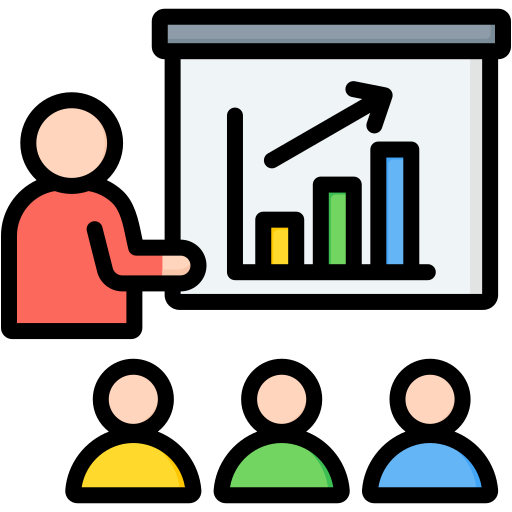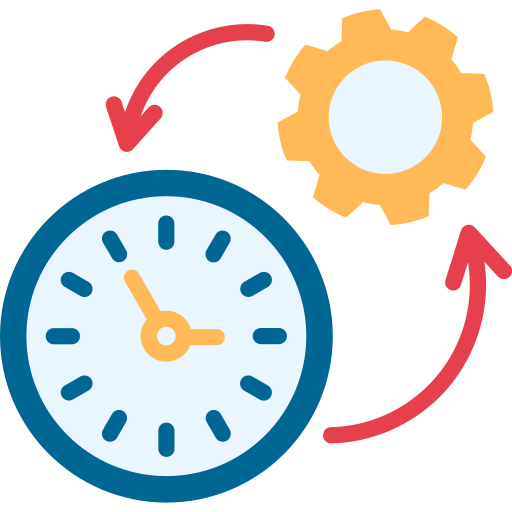Data Science Course Overview
Data has become one of the most valuable resources for businesses across various industries. Understanding how to harness this data effectively has led to a growing demand for data professionals. Next IT Career offers comprehensive data science training in Hyderabad, designed to equip students and professionals with the necessary skills to thrive in this dynamic field. Our data science course in Hyderabad combines theoretical knowledge with practical applications, ensuring that participants are industry-ready upon completion.
What is Data Science?
Data Science combines various disciplines to apply scientific methods, algorithms, and systems for extracting valuable insights and knowledge from structured and unstructured data.. It encompasses various techniques from statistics, machine learning, data mining, and big data analytics, allowing professionals to make data-driven decisions. The rise of big data has fueled the growth of data science, making it essential for organizations seeking to improve their operational efficiency, enhance customer experiences, and drive innovation.
At Next IT Career, our data science training in KPHB covers a wide array of topics, including:
Our curriculum is designed to provide students with a solid foundation in data science principles, ensuring they are well-equipped to tackle real-world challenges.

Who is a Data Scientist?
A data scientist is a professional who possesses a unique blend of skills in programming, statistics, and domain knowledge. They are responsible for collecting, analyzing, and interpreting complex data sets to help organizations make informed decisions. Data scientists often work closely with stakeholders to understand their needs and provide actionable insights based on data analysis.
Key responsibilities of a data scientist include:
- Developing data models to predict outcomes
- Analyzing trends and patterns within data
- Communicating findings through data visualization
Collaborating with cross-functional teams to implement data-driven strategies
Learning Outcomes of Data Science Training
Upon completing the data science training in Hyderabad at Next IT Career, aspirants can expect to achieve several key learning outcomes:
Career Opportunities with Data Science
The demand for data science professionals is skyrocketing, with businesses across sectors recognizing the importance of data-driven decision-making. As a result, career opportunities in data science are abundant. Graduates of our data science course in Hyderabad can explore various roles, including:
Data Analyst: Responsible for analyzing data and generating reports to help organizations understand their performance and trends.
Data Scientist: Engaged in building predictive models and deriving insights from complex data sets to guide strategic decisions.
Machine Learning Engineer: Focuses on designing and implementing machine learning algorithms and models for predictive analytics.
Data Engineer: Works on building and maintaining the architecture that allows data generation, ensuring that data is accessible and usable.
Business Intelligence Analyst: Analyzes data to help organizations make strategic decisions, often using visualization tools to present findings.
Statistical Analyst: Utilizes statistical methods to interpret data and help organizations understand trends and patterns.
Generative AI and Artificial Intelligence
AI (Artificial Intelligence) is the foundation of modern data science and a powerful tool for analyzing and interpreting data patterns. In our Data Science course, you’ll gain insights into supervised, unsupervised, and reinforcement learning models that drive AI. You’ll also learn about the critical role of algorithms, data processing, and model training that transforms data into actionable insights.
Generative AI is a rapidly advancing branch of AI that involves creating new data from existing information. This subset of AI, popularized by models like GPT (Generative Pre-trained Transformer), can generate text, images, music, and even code, making it invaluable across industries.


Data Science Project Management and Workflow Automation
Version Control and Collaboration: Using Git for code management and collaboration.
Workflow Automation: Creating data pipelines using Python scripting and tools like Apache Airflow.
Model Deployment and Integration
Deploying Models as APIs: Using Flask or FastAPI to turn models into web applications.
MLOps Basics: Introduction to model deployment, monitoring, and maintenance in production environments.
Model Serving on Cloud: Using cloud services for model hosting and continuous integration/continuous deployment (CI/CD).
Capstone Project
End-to-End Project: Apply everything learned in a full-stack data science project, from data collection to deployment.
Real-time Problem Solving: Presenting insights and demonstrating model performance in a real or simulated industry setting.
Our course structure prepares data scientists to handle the complete data science pipeline, making them well-rounded and ready to tackle real-world challenges.








